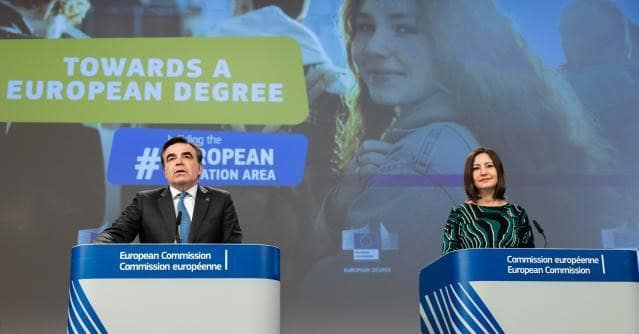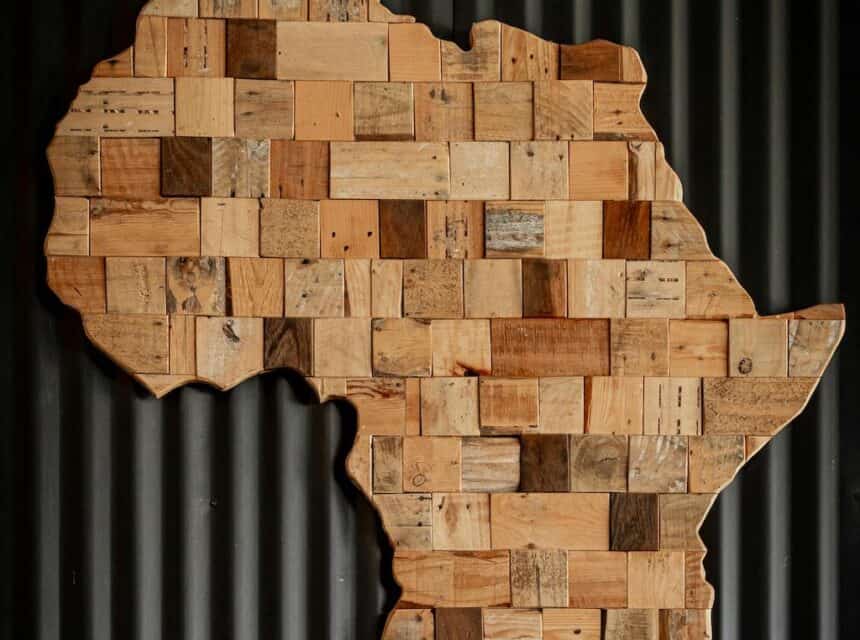Australian education exports in 2022 increased to AUS$25.5 billion (USD$17.15bn), new statistics have revealed – a pandemic rebound which the country’s peak body for higher education describes as an “economic winner”.
Figures from the Australian Bureau of Statistics show that international students contributed $25.5bn over 2022, level with the 2016 total. Despite not returning to 2019’s record $40bn, the economic contribution is up from 2021 when international students brought in $22bn.
Although Australia has faced significant Covid-19 disruption from 2020, the economic contribution has grown from $16.7bn in the decade since 2012, to $25.5bn last year.
If the economic contribution continues to grow year-by-year by 16% – which it saw in 2022 – the total will hit $39.8bn by 2025.
Universities Australia calculated that, together with $3.5bn international students enrolling on courses online from their home countries, international students added $29bn to the economy in 2022.
“International education’s strong rebound is an economic winner for Australia,” said Universities Australia chief executive Catriona Jackson.
“Covid-19 halved the value of education as an export, but we are well on our way back to reaching, and hopefully surpassing, the $40 billion mark we recorded in 2019.”
The Australian reported that education export revenue is expected to continue to rise strongly, especially after China’s announcement on online studies in January which requires Chinese students to be back on campus this year.
Sector stakeholders have also suggested that extended post-study work visas for courses in skill shortage areas will increase the attraction of Australian education opportunities.
Analysts at ABS pointed to international students, together with the country’s mining sector, helping Australia’s national current account surplus increase to $14.1bn for 2020.
“Education is our largest services export and the biggest product we don’t source from the ground,” Jackson reminded.
“International education not only supports the economy, but it also helps Australia make important friends.
“In the last month alone, nearly 80,000 students have come to Australia”
“In the last month alone, nearly 80,000 students have come to Australia. We have work to do, but the progress to date is good for universities, Australia and the economy more broadly.
“Like many parts of our economy, international education has faced a challenging couple of years – with travel restrictions and border closures plunging students and universities into periods of real uncertainty,” Jackson added.
Federal education minister Jason Clare is travelling to India this week, together with 11 Australian university vice-chancellors, in a bid to “promote our institutional partnerships and boost collaboration”.
Clare will be signing a mutual recognition of qualifications agreement with his Indian counterpart, Shri Dharmendra Pradhan, who visited Australia last year.
Vice-chancellor and president of University of Wollongong, Patricia Davidson, will also be joining the delegation.
In 2022, Wollongong signed an agreement to establish a location for teaching, research and industry engagement in GIFT City in Gujarat.
“The visit provides an important opportunity for Australian universities to showcase new partnerships and plans which they can deliver in India, including opportunities for joint degrees and campuses,” Clare added.










